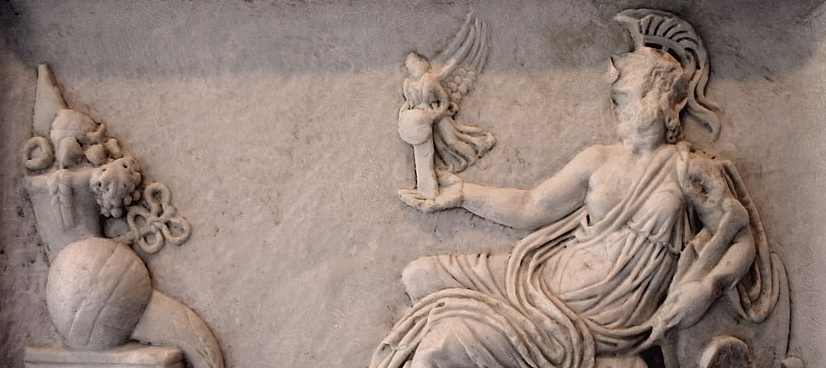This will be another hypothesis blog. I’ve done a few of them already, but basically, I’m going to lay out some ideas that I want to follow up on later, especially through research. For this subject I’ve already been pointed to a book that should be really useful — Belief and Cult by Jacob L. Mackey — but there are aspects that I’m not sure this book will hit, and further implications.
I want to talk about religion and history. I was listening to some back episodes of the Secret History of Western Esotericism Podcast and one of the things that the host Earl Fontanelle makes a particular point of regarding ancient Greco-Roman religion is how non-theological it is. How much it is an orthopraxis and not an orthodoxy. This seems to me to be a very naïve view of ancient religion, but in saying that I’m not trying to pick on Fontanelle specifically because it’s a commonly-held position and it sets up a useful rhetorical dichotomy that he goes on to use. There are problems with this idea of orthopraxy-not-orthodoxy though. I actually did a video on this subject before, in the context of Judaism’s claims of orthopraxy-not-orthodoxy.
Overall, what I object to is the idea that “Romans didn’t care what you believed” etc. I’ve previously made fun of Martin Luther’s sola fide stance on similar lines, even though the statements are on their face opposite. Both of them ride on the idea that beliefs and acts are strictly separate and this is simply not true. Further, we accept now that religion is more about group identity than about belief; everyone is familiar with the shifts in American “Christianity”, and it’s well-known that a significant number of self-professed Christians also have a belief in reincarnation, which is ascribed to by no major Christian confession. We have to be able to look at things like allegiance to the empire as being the kind of beliefs which are as much a part of a religion as a personal allegiance to a divine figure.
I have always been critical of the idea that we cannot use the word “religion” to talk about non-European belief systems such as Hinduism and Chinese religion. I believe that the resistance people have to this is that Westerners, especially during the Revolutionary Era, began to construct “knowledge” as separate from “religion”. For the West, this was a noticeable shift among the intellectuals. I suspect that this was strongly influenced by the centralized but non-state institution of Christianity, which doesn’t have a good analogue other than perhaps Islam before the Turkish Revolution (and even then the case is marginal). Basically, my suggestion is that one of the reasons religion became separate in the West is that specific affiliations became political in a way that wasn’t straightforwardly national, so certain questions had to be put beyond religious “meddling” so that there could be some agreement about running countries, non-religious organizations, etc.
That was a tangent but to return to the main point: Christianity and Islam were as pervasive and non-controversial in their periods as Hinduism, Buddhism, Chinese religion, and other folk religions are treated now. There was also a period where people were not all focused on specific questions of theology but simply on showing they were part of the religion, praying at meals and doing minor rituals to mark the week and going to religious festivals and so on, and no one would call medieval Christianity or medieval Islam “not religions”. What has happened is that we in the West have artificially shrunk what “religion” can refer to, and so we are constantly handwringing when we see different cultures. There are certainly issues to deal with regarding exploitation, whitewashing, appropriation, etc. when we are talking about unfamiliar cultures and trying to understand them, but I do not think that understanding these cultures — whether in the past or elsewhere in location — means we need to hesitate to speak about religion. Instead, we should use religion as a viewpoint with which to see ancient people, and to actually think about what they might have thought.
